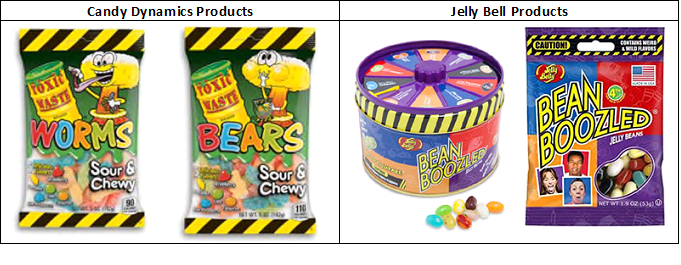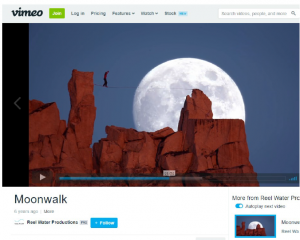 Indianapolis, Indiana – Attorneys for Plaintiff, Eli Lilly and Company (“Lilly”) of Indianapolis, Indiana, filed suit in the Southern District of Indiana seeking a declaratory judgment that Lilly did not misappropriate any trade secrets of Defendant, SensorRx, Inc. (“SensorRx”) of Charlotte, North Carolina, or breach a contract with SensorRx. Lilly is seeking declaratory judgment, costs, attorneys’ fees, litigation expenses, and any other relief the court deems proper.
Indianapolis, Indiana – Attorneys for Plaintiff, Eli Lilly and Company (“Lilly”) of Indianapolis, Indiana, filed suit in the Southern District of Indiana seeking a declaratory judgment that Lilly did not misappropriate any trade secrets of Defendant, SensorRx, Inc. (“SensorRx”) of Charlotte, North Carolina, or breach a contract with SensorRx. Lilly is seeking declaratory judgment, costs, attorneys’ fees, litigation expenses, and any other relief the court deems proper.
According to the complaint, Lilly has developed an app to help manage migraines called Vega™ Migraine. Lilly claims it created the app over the course of two years, it released the app on the Apple App Store on November 5, 2019, and the app is currently available for a free download, on a limited basis. Previously, Lilly has allegedly developed other mobile apps including “Go Dose,” a diabetes management and insulin dosing app, which helped Lilly gain experience to create and develop Vega™ Migraine. Lilly claims there are over fifty migraine management and other migraine related apps available to the public and many other health apps directed to various health conditions.
Lilly alleges it began having non-confidential discussions regarding SensorRx’s app, MigrnX™, in mid to late 2018 during which SensorRx discussed the capabilities of the app and demonstrated the app’s usage to Lilly. During the parties’ second in-person meeting in January 2019, they allegedly entered into a Mutual Confidentiality Agreement (“MCA”). Per the complaint, the MCA noted any information already known, becomes known to the public, has been lawfully received without restriction, or has been independently developed without use of confidential information, is not confidential information. Lilly claims due diligence was performed by both parties subsequent the signing of the MCA. After being concerned throughout the process and disappointed after the due diligence was conducted in the level of quality and capability of MigrnX™, Lilly alleges it contacted a representative of SensorRx on or about May 28, 2019 to terminate the due diligence. Continue reading
 Indiana Intellectual Property Law News
Indiana Intellectual Property Law News










